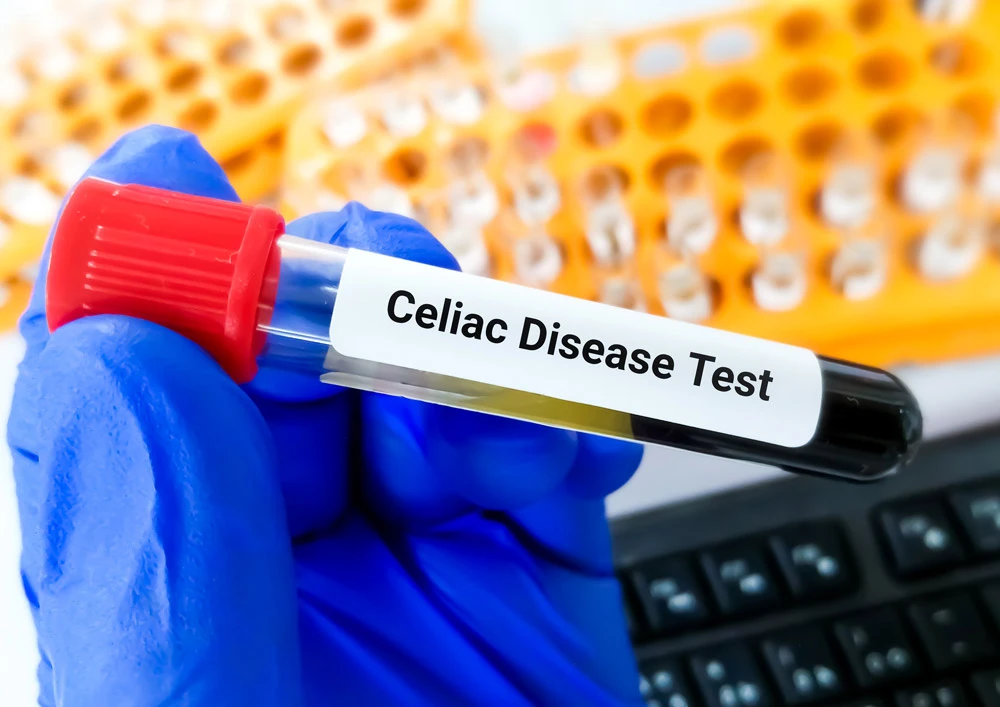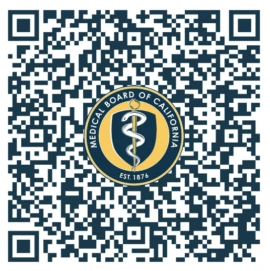Celiac Disease

Celiac Disease:
Information, Diagnosis, and Gluten-Free Living
What is celiac disease?
Celiac disease is an autoimmune disorder that affects the small intestine. When people with celiac disease eat foods containing gluten, their immune system mistakenly attacks and destroys the lining of the digestive tract. Over time, the damage to your small intestines may affect digestion and absorption and lead to malnutrition.
Gluten is a protein naturally found in wheat, barley, and rye. It’s also found in foods and supplements that contain these grains.
Celiac disease is associated with many other medical conditions, including:
-
Diabetes
-
Infertility
-
Hepatitis
-
Iron Deficiency Anemia
-
Pancreatitis
-
Acne
-
Seizures
Celiac disease may also lead to iron-deficiency anemia, including pernicious anemia.
Getting a proper diagnosis is essential in order to manage the celiac disease and any other associated conditions.

What is the difference between celiac disease and gluten intolerance?
Gluten intolerance is a subset of conditions that causes gastrointestinal and non-gastrointestinal symptoms. If you develop reactions after eating gluten-containing food, you should be tested for celiac disease.
Gluten intolerance doesn’t necessarily mean you have celiac disease, but the experts at Digestive Disease Consultants of Orange County recommend testing before you switch to a gluten-free diet.
Research suggests hepatitis B may trigger gluten intolerance or celiac disease.
What are the symptoms of celiac disease?
Celiac disease symptoms vary in type and severity. Some people may not experience any symptoms at all.
Common symptoms include:
-
Abdominal pain
-
Bloating
-
Diarrhea
-
Unexplained weight loss
-
Fatigue
-
Foul-smelling stools
-
Depression
-
Anxiety
-
Headaches
-
Bone or joint pain

How is celiac disease diagnosed?
An experienced gastroenterologist at Digestive Disease Consultants of Orange County performs your endoscopic biopsy to confirm or rule out celiac disease.
During the procedure, your doctor inserts an endoscope (a thin flexible tube with a light and camera) into your mouth, through your esophagus and stomach, and into the beginning portion of your small intestines. They take a tissue biopsy and send it out for testing.
The information gathered during your exam also helps your gastroenterologist determine if you have gluten intolerance.
How is celiac disease treated?
A gluten-free diet is the primary treatment for celiac disease. Digestive Disease Consultants of Orange County is the only gastroenterology practice in the area with a registered dietitian on staff to support your treatment plan.
The registered dietitian works closely with you to develop a healthy and balanced gluten-free nutrition plan.


